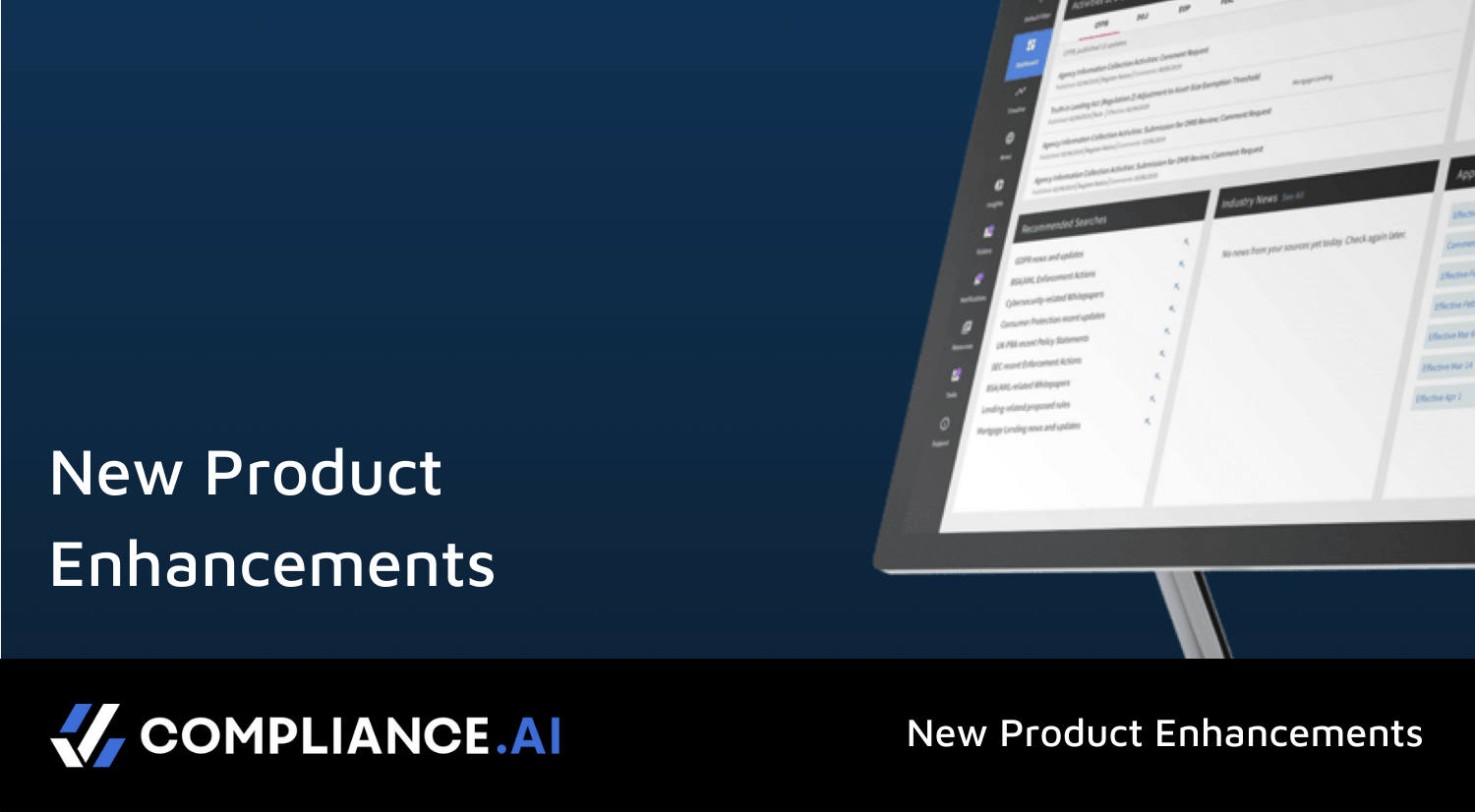
Banking industry executives must feel like they’re in for a roller-coaster ride on the regulatory front in 2020. The bar is locked down, the coaster is rolling out of the gate, and bankers should hold on tight as myriad twists and turns await them in an aggressive regulatory cycle this year.
The ride should be smooth, though. We know bankers are smart, and they’re preparing themselves for upheaval in 2020 – with a special focus on regulatory investment.
Case in point – A recent study from Computer Services Inc.: What will be the top banking priorities of 2020, showing that regulatory compliance is a front-burner priority going forward.
This from the CSI study:
— More than 75% of banks are spending up to 20% of their budgets on regulatory compliance
— Most banks (nearly 75%) will spend up to 40% of their budget on compliance and cybersecurity
— 72% of bankers said they will spend up to 20% of their entire budget on cybersecurity
With a dynamic and highly fluid financial and regulatory 2020 already gaining steam, what issues concern bankers the most going forward?
In discussing key banking and finance regulatory issues with our clients, partners and industry analysts, these trends top the list.
Dealing with EPS – but no big surprises. With the U.S. Federal Reserve locking down the final enhanced, prudent standards rule, financial institutions now know what they’re dealing with Uncle Sam, EPS-wise. Banks, especially larger ones with assets over $50 billion, are likely already in the mandate’s planning or even rollout phase, especially in key areas like capital strategy in a post-EPS climate,
Banks may already be moving down the path laid out by the Fed, particularly in the areas of capital planning, bank stress testing, liquidity risk management, and institutional risk governance. The Federal Reserve has now laid out the framework for accommodating EPS – they’ve even provided a toolkit to get the job done right.
Banks would do well to adhere to that framework, particularly foreign banking organizations (FBO’s) that can expect new layers of regulations going forward under the enhanced prudential standards rule.
RegTech here – to stay. 2019 was a year when RegTech was in ascendency and it’s cresting at the beginning of 2020. Industry data points to a significant upsurge in RegTech investment in 2020, as well. That investment could rise by as much as 500%, from $10.6 three years ago to $53 billion in 2020.
Consequently, as the year picks up in momentum, expect bank decision-makers to start shifting out of the “pilot” program phase and accelerate into the innovation stage.
That’s only natural, as financial institutions had to take a step back while RegTech firms went through the obligatory “wheat from chaff” phase as the survivors move forward and the victims fell by the wayside.
Now that bank directors know who the RegTech providers’ players are, and that they’re here for the long haul, they can start rolling out programs that leverage technology tools. Look for them to do so in key areas like regulatory reporting, identity management and control, and risk management and compliance.
One critical issue for banks to consider – should they partner, purchase or plow through a RegTech process on their own this year? With the RegTech industry stabilizing, that decision should be easier to make.
A more aggressive regulatory agency environment. Bank compliance officers should steel themselves for a tougher, more aggressive regulatory enforcement landscape in 2020. The good news? We’re hearing they’re more than ready to handle it.
As usual, the numbers tell the story. In 2019, the U.S. Security and Exchange Commission levied a staggering 2,750 enforcement actions, with 95 of them landing on the doorstep of publicly-traded companies. Meanwhile, the U.K.’s Financial Conduct Authority (FCA) issued recorded its biggest amount of fines and generated 160 enforcement actions in 2019.
With the compliance environment so fluid and financial institutions trying to keep pace (but not always doing so), expect an equally aggressive government regulatory landscape in 2020.
AI becomes more pervasive. Government regulators are growing more comfortable about new technologies entering the finance and banking space. Even as regulators harbor deep concerns over Facebook and its new Libra cryptocurrency project overwhelming financial markets, for example, they’re more likely than ever to green-light banks using new technologies, like artificial intelligence and robotics as a means to sharpen their data compliance efforts.
This is not a “hands-off” policy by any means. Bank regulators will still poke and prod financial institutions over how they’re using AI and other new, data-based technology tools. That said, the door is open in 2020, and banks would do well to become transparent with compliance officials about how they’re using new technologies – or risk being called on the carpet if they don’t oblige.
Regulatory agencies increasingly embrace new technologies, as well. It’s not just banks and other financial companies that are turning to new technology tools.
Regulatory agencies, too, are on the hunt for more focused, accurate and thorough data collection and analysis options, and new technologies like AI and the cloud, while edging away from increasingly archaic legacy systems.
The new goal in RegTech for global financial regulators is to know when trouble is coming before it hits in areas like cybersecurity, 5G network technology, robotic process automation, and risk management.
Legacy systems weren’t up to that task, so look for a major technology upgrade for regulators in 2020, as governments expand budgets for financial compliance oversight, shifting tech priorities away from maintaining legacy systems and investing in new, more data-focused compliance management systems.
Regulatory Picture Comes Into Focus
Add it all up, and it’s a safe bet that the above five areas of regulatory focus are already on the minds of banking and finance industry compliance officers. With new technology tools in their back pocket, a clearer playing field in RegTech, and stabilization on the regulatory rules front, financial institutions may not only survive a regulatory roller coaster this year.
They may even enjoy the ride.
Tags: Banking, compliance, RegTech, regulatory





